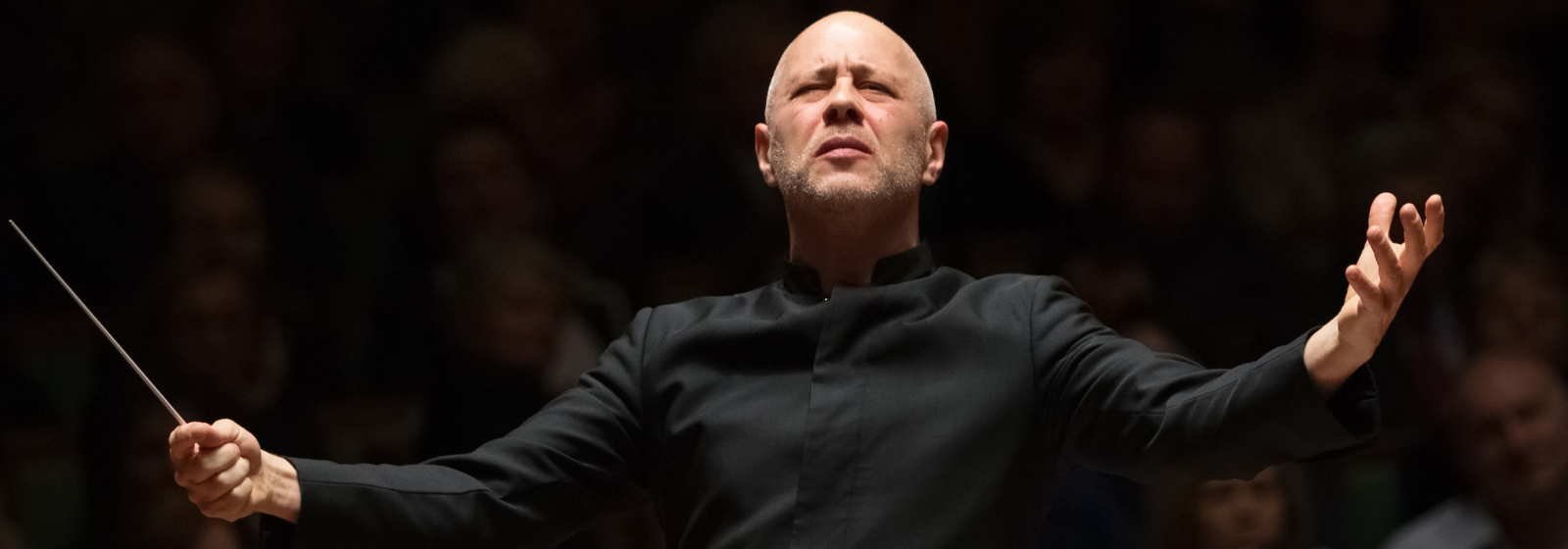
Budapest
THE MAGIC OF ROME
Kocsis/4
FRANZ LISZT–ZOLTÁN KOCSIS: Vallée d’Obermann
LUDWIG VAN BEETHOVEN: Violin Concerto in D major, op. 61
***
OTTORINO RESPIGHI: Pines of Rome, P 141
OTTORINO RESPIGHI: Roman Festivals, P 157
Barnabás Kelemen violin
Hungarian National Philharmonic Orchestra
Conductor: Carlo Montanaro
Are sounds capable of evoking the sights, the mood, and the atmosphere of a city, of conveying the spirit of the location? Respighi’s Roman Triptych is certainly able to do so. At this concert, we will hear two of the three symphonic poems in the collection. And to ensure an even more colourful offering, we will also encounter a passionate masterpiece of the Romantic piano repertoire, with instrumentation from Zoltán Kocsis, not to mention Beethoven’s sublime Violin Concerto. Musical perfection will be provided by the exceptionally talented soloist Barnabás Kelemen, while the conductor Carlo Montanaro will ensure a faithful reproduction of the moods of Rome.
Liszt’s Vallée d’Obermann, based on Senancour’s epistolary novel, is the most significant piece of the first suite (Première année: Suisse) of Années de pèlerinage. The composition dissects the great questions of life, at times passionately, at times with a more melancholic feel, forming a musical impression of the pain of the world. Beethoven’s Violin Concerto was one of the first of the genre to break away from the virtuoso composition method, instead striking a hymnal and philosophical note. Respighi was one of the most colourful virtuoso magicians from among 20th century composers – perhaps not surprisingly given that his teacher was Rimsky-Korsakov, one of the most extraordinary arranger of all time. The symphonic poems Pines of Rome and Roman Festivals are stunning examples of the approach to composition that evokes visions and moods. Barnabás Kelemen (born in 1978) is a globally acclaimed violinist and one of the most significant musical perfomers in Hungary. He always produces outstanding work, whether as a soloist, chamber music performer or teacher. The superb Italian conductor Carlo Montanaro was discovered by Zubin Mehta. He has enjoyed sweeping success in numerous opera houses and concert halls around the world thanks to his beautifully atmospheric shows, and is also a firm favourite of Budapest audiences.
The five concerts of the Hungarian National Philharmonic’s Kocsis season ticket offer an extraordinary variety of styles, genres, and performers. Generating the excitement in the first night’s programme of Prokofiev, Liszt, Chopin and Bartók will be two exceptional Russian artists: the young piano virtuoso Alexander Malofeev and, expanding the thankfully growing contingent of female conductors, Maestra Alevtina Ioffe. Next up, taking the podium this time as conductor will be the legendary oboist and composer Heinz Holliger, as he pays tribute to both his former mentor, Sándor Veress, and Veress’s own teacher, Bartók, by interpreting works of theirs – with the Russian Ilya Gringolts serving as the violin virtuoso for the evening. Joined by some excellent singers, György Vashegyi will revive the late 18th-century Parisian tradition of church concerts, performing both Pergolesi’s and Haydn’s Stabat Maters one after the other. Carlo Montanaro and Barnabás Kelemen’s programme evoking the magic of Rome will include, in addition to Respighi, a Liszt piano piece transcribed by Zoltán Kocsis and Beethoven’s Violin Concerto. The subscription concludes by captivating listeners with the passions Berlioz brought to his Symphonie fantastique, as relayed by that most experienced of interpreters, Ken-Ichiro Kobayashi.

